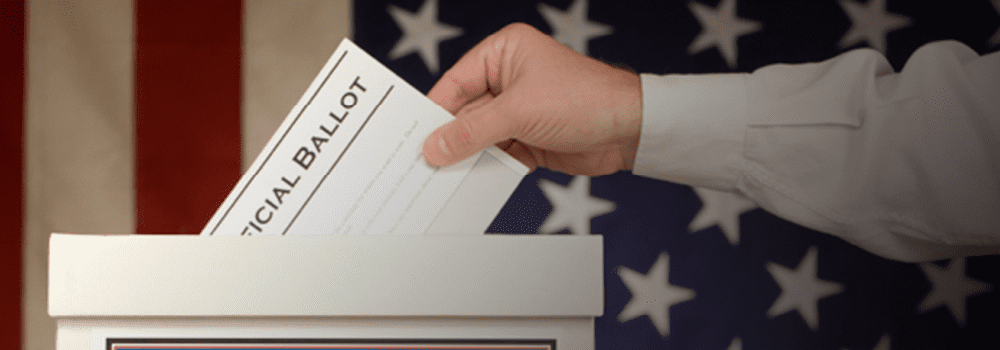Democrats in Texas and across the country are pleading with courts to give them a competitive edge in 2020 by suing to make state election processes more favorable to their party’s candidates.
In their latest lawsuit, the Texas Democrat Party and three national Democrat groups are challenging a state ballot-order law passed by Democrats over 50 years ago, which they now claim gives Republicans an unfair advantage.
The law grants top spots on general election ballots to candidates whose party won the last gubernatorial election. Studies show voters more often choose the first names listed on the ballot, particularly in down-ballot races where voters don’t know candidates’ names.
Plaintiffs argue this “position bias” puts an “undue burden on the right to vote” and unfairly hurts Democrats because uninformed voters are more likely to randomly pick Republicans over Democrats—though candidates’ party affiliations are shown on the ballot.
The law was first passed in 1963 by a Democrat-controlled legislature and a Democrat governor.
Democrats filed similar ballot-position challenges in Arizona, Georgia, and Florida, which all have rules like Texas. All four states also have Republican governors.
Yet Democrats are not suing states where the law works to their benefit. New York and Pennsylvania, for example, have the same ballot-order rules but Democrat governors.
Hillary Clinton’s lawyer Marc Elias is coordinating the nationwide litigation effort to make state voting rules more favorable to Democrats. Elias heads the political law group at Perkins Coie and represents the Democratic National Committee and a host of national Democrat groups and candidates.
Billionaire Democrat donor George Soros is helping bankroll Elias’ courtroom fights, a strategy the left has been using for years. In 2016, Soros gave a group run by Elias $5 million to fund liberal election law litigation.
Elias filed the Democrats’ latest complaint against Texas in federal district court in Austin on November 1.
Elias is also behind last month’s lawsuit by Texas Democrats pushing courts to revive “mobile” early voting. The legislature banned so-called “rolling polling” this session after local governments routinely abused the process to target favorable voters. Democrats claim the change will lead to “substantially fewer early voting opportunities for young voters,” who they expect to vote for Democrats.
Democrats haven’t won a statewide election in Texas since 1994. With straight-party voting no longer an option in Texas starting in 2020, ballot position may have a more noticeable impact on election outcomes—especially down-ballot, where voters are more likely to simply guess. Democrats are fighting in court for every advantage they can get.





